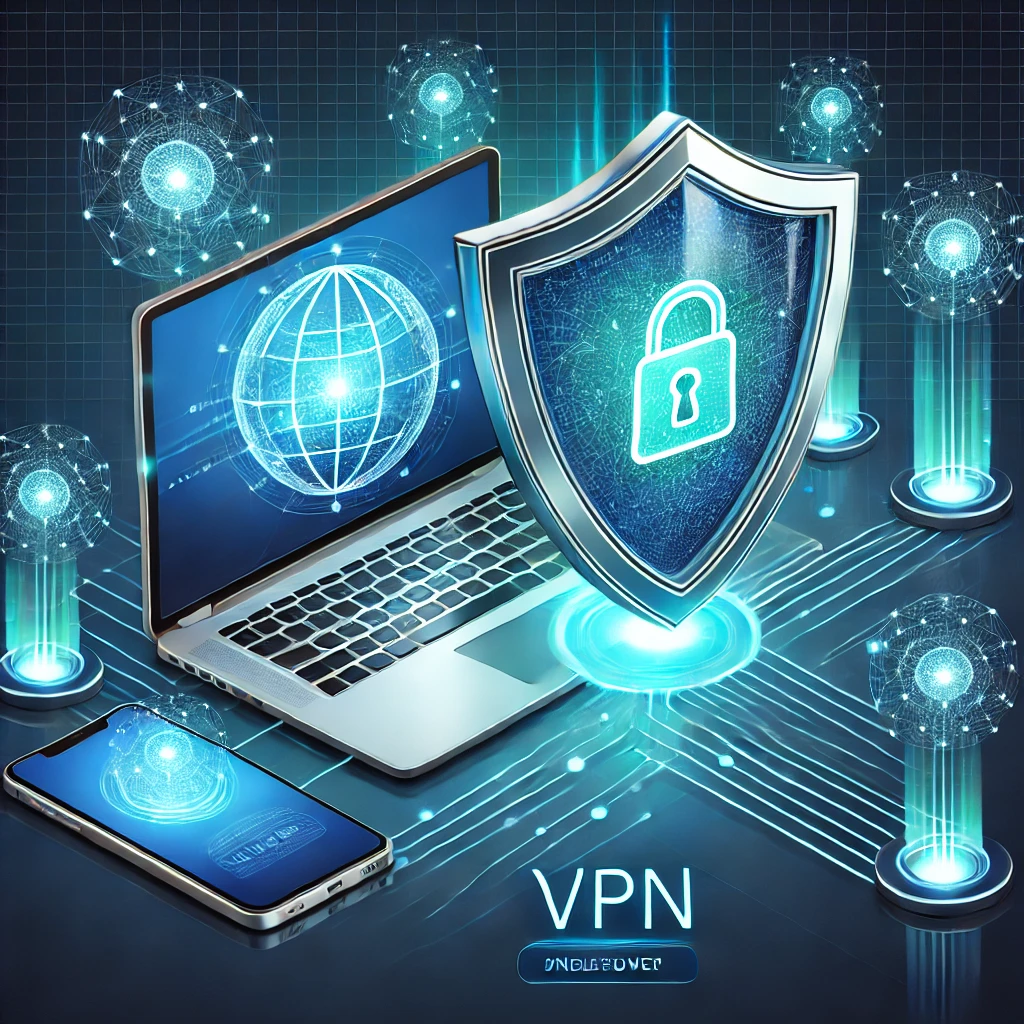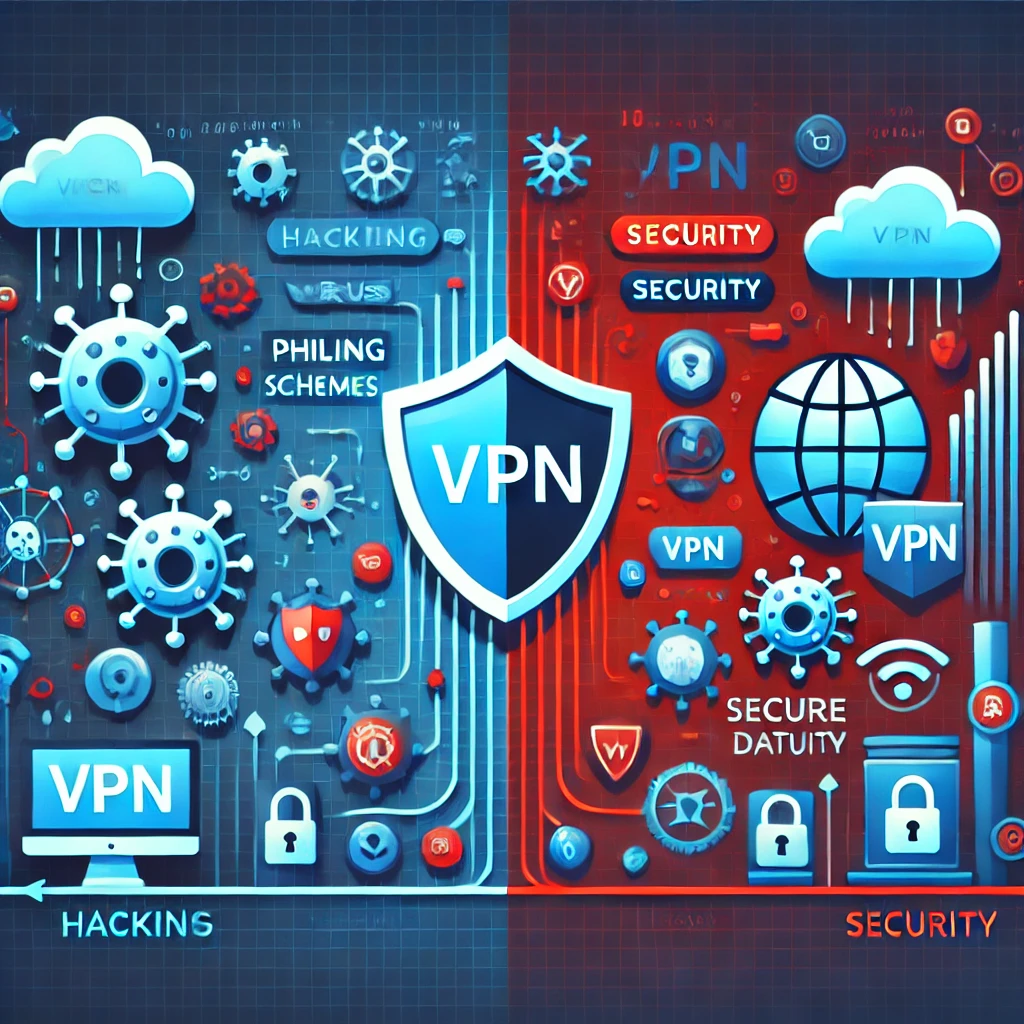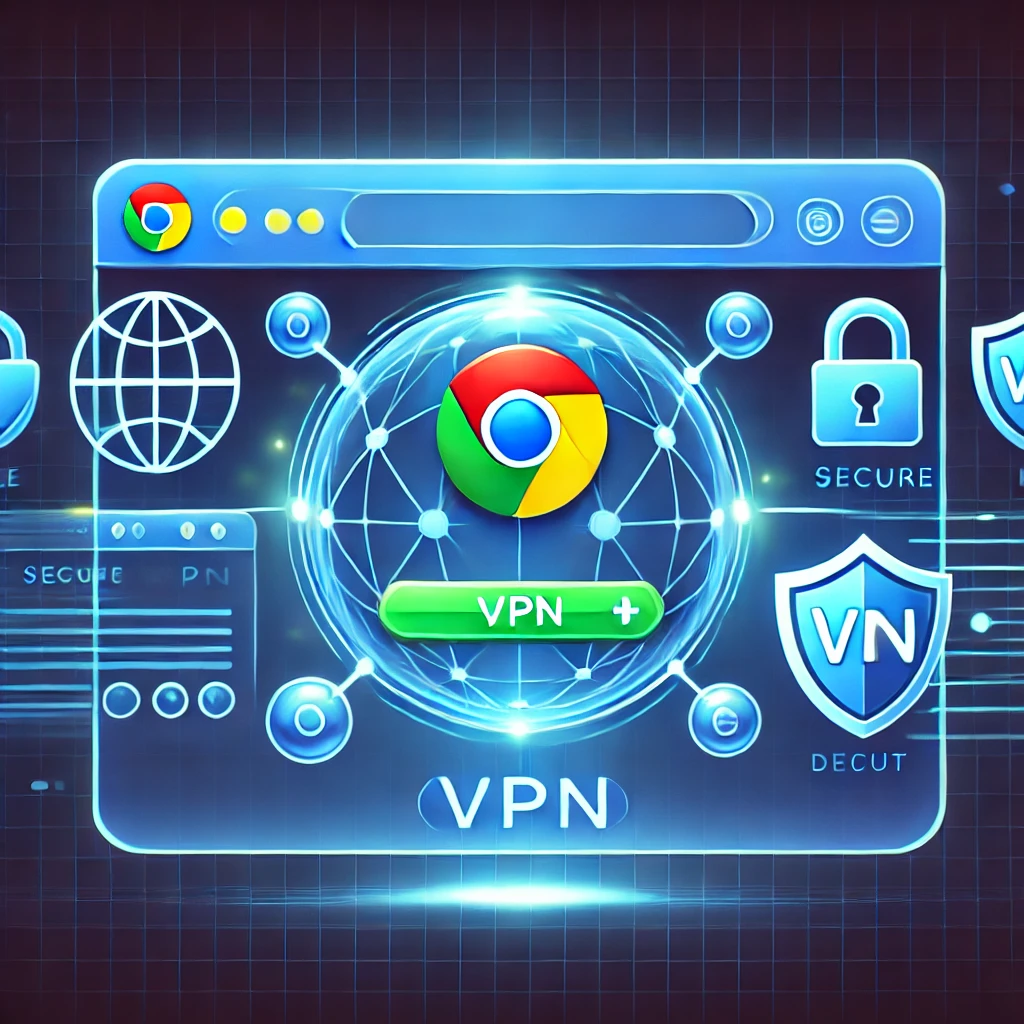
The internet has revolutionized how we interact with the world, but it has also opened a Pandora’s box of cyber threats, including hacking, data breaches, and invasive surveillance. In 2024, Virtual Private Networks (VPNs) have become indispensable tools for safeguarding our online activities. But how does a it work, and is a it safe for everyday use?
This blog explores the vital role of i in online security, including their ability to protect users from hackers, safeguard data during browsing, and enhance privacy when using platforms like the Chrome extensions. The relevance of it in today’s digital age cannot be overstated, as cyber threats evolve faster than ever before.
VPN: A Shield Against Threats
Cyber threats have become increasingly sophisticated, targeting individuals and businesses alike. Whether it’s phishing scams, ransomware attacks, or unauthorized data harvesting, internet users are more vulnerable than ever. VPNs are a powerful solution, offering a secure connection by encrypting your data and hiding your IP address from malicious entities.
Hackers often exploit public Wi-Fi networks to access sensitive information. Without it, connecting to a coffee shop’s Wi-Fi, for example, could expose your passwords, credit card details, or personal messages. It act as an encrypted tunnel, ensuring that your online activity remains invisible to anyone attempting to intercept your connection.
For those asking, “Is a VPN safe?”, the answer largely depends on the provider. Trusted softwares with robust protocols, such as OpenVPN or WireGuard, are incredibly secure, offering users peace of mind in a world fraught with digital risks.
How Does it Work?
Understanding how it works is crucial to appreciating its benefits. At its core, a VPN (Virtual Private Network) redirects your internet traffic through a secure server operated by the provider. This process masks your real IP address, replacing it with one from a location of your choice, effectively anonymizing your browsing activity.
For example, when you use a Chrome extension, all data transmitted through your browser is encrypted, protecting it from prying eyes. This includes not only hackers but also advertisers and even your internet service provider (ISP), which may otherwise monitor or sell your browsing data.
Additionally, it is essential for bypassing geographical restrictions. Whether you’re accessing streaming services, such as Netflix or Hulu, or navigating restricted content while traveling, it provides seamless access without compromising security.
The Evolution of Hacking and VPN Role

As hacking techniques evolve, it play a crucial role in countering these threats. Here’s a breakdown of how it address modern hacking challenges:
| Aspect | Details |
|---|---|
| Evolving Hacking Techniques | Cybercriminals now use advanced tactics, including AI, to exploit vulnerabilities and steal data. |
| Countermeasures | It mitigate these risks by encrypting data and hiding users’ IP addresses. |
| Advanced Features | Kill Switch: Automatically severs your internet connection if the itt disconnects, preventing leaks. Multi-Hop Connections: Routes traffic through multiple servers for extra privacy. Split Tunneling: Allows specific apps or websites to bypass it while others remain protected. |
| Remote Work Security | It create secure, encrypted pathways for remote employees accessing sensitive company files. |
| Business Applications | Essential for distributed teams, it reduce risks associated with unsecured networks. |
Are VPNs a Necessity in 2024?
In 2024, VPNs are no longer a luxury but a necessity. The global shift towards remote work, combined with the exponential rise in cyber threats, has solidified their role in digital security. Without it, users expose themselves to an array of dangers, from identity theft to financial fraud.
One of the most compelling aspects it is their versatility. Whether you’re a casual browser, a frequent traveler, or a business professional, it can be tailored to meet your specific needs. Popular browsers like Chrome have integrated extensions, making them more accessible than ever before.
However, it’s important to choose wisely. While free versions may be tempting, they often lack essential features like robust encryption and no-logs policies. Premium VPNs, on the other hand, provide comprehensive protection and user-centric features that justify their cost.
Additionally, governments and corporations worldwide are intensifying their surveillance activities. It serves as a critical countermeasure, ensuring that your digital footprint remains private and secure. For anyone questioning, “Is VPN safe?”, the resounding answer is yes—if you choose the right provider.
The Role of VPN Chrome Extensions

One of the most user-friendly ways to incorporate it into daily life is through browser extensions, particularly for Chrome. These lightweight tools offer quick access to services without the need for a full application download.
Chrome extensions are perfect for individuals who prioritize ease of use. Whether you’re working on a public Wi-Fi network or simply want to browse anonymously, these extensions provide instant protection. Some advanced extensions even block malicious websites and ads, enhancing your overall browsing experience.
Conclusion
In a world increasingly dominated by cyber threats, VPNs stand out as essential tools for protecting personal and professional data. By encrypting your online activities and masking your identity, its offer unparalleled security and privacy in 2024. Whether you’re using a Chrome extension for convenience or a standalone app for comprehensive protection, investing in a reliable VPN is one of the smartest decisions you can make.
Stay ahead of cybercriminals and safeguard your digital life—because, in today’s interconnected world, online security is no longer optional; it’s a necessity.
FAQ
What are the main benefits of using a VPN?
VPNs offer multiple benefits, including enhanced online security, anonymity, and the ability to bypass geographical restrictions. They protect against cyber threats like hacking and provide peace of mind when using public Wi-Fi.
Is a VPN safe for streaming and online banking?
Yes, VPNs are safe for streaming and online banking, provided you use a reputable provider. They encrypt your data, ensuring it remains secure even on vulnerable networks.
How does a VPN work to protect against hacking?
A VPN encrypts your internet traffic and hides your IP address, making it nearly impossible for hackers to intercept your data or track your online activities.
Resources
- Techopedia. Explore the best VPNs for 2024.
- BlueGrid. Understand the critical role of VPNs in cybersecurity.
- Medium Article. Discover insights into VPNs and data protection.
- X (Twitter). Learn more about VPNs from industry experts.
- YouTube. Watch an informative video on how VPNs work.
